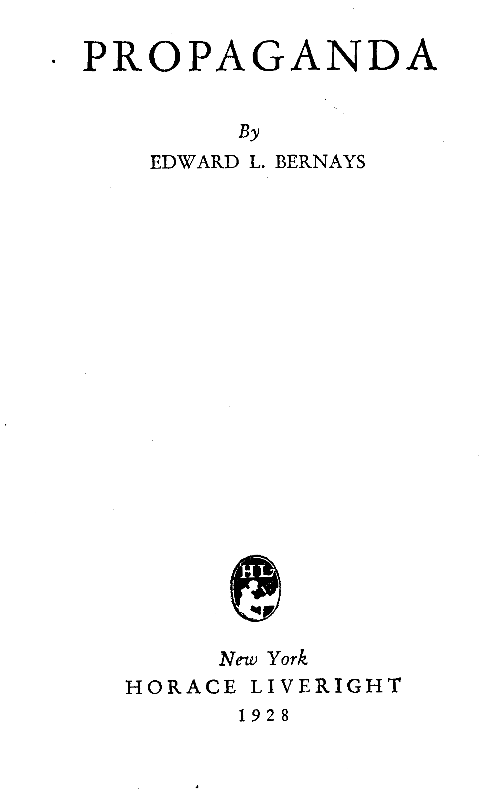Bernard Stiegler: Decadence of Industrial Democracies. Disbelief and Discredit, vol. 1 (2004/2011)
Filed under book | Tags: · biopolitics, capitalism, culture industry, democracy, desire, nihilism, philosophy, politics, production, singularity, technology

“Bernard Stiegler is one of the most original philosophers writing today about new technologies and their implications for social, political and personal life. Drawing on sources ranging from Plato and Marx to Freud, Heidegger and Derrida, he develops a highly original account of technology as grammatology, as a technics of writing that constitutes our experience of time, memory and desire, even of life itself. Society and our place within it are shaped by technical reproduction which can both expand and restrict the horizons and possibilities of human agency and experience.
In the three volumes of Disbelief and Discredit Stiegler argues that this process of technical reproduction has become dangerously divorced from its role in the constitution of human experience. Radically challenging the optimistic view of new technologies as facilitators of learning and progress, he argues new marketing techniques short-circuit thought and disenfranchise consumers, programming them to seek short-term gratification. These practices of ‘libidinal economics’ have profound consequences for nature of human desire and they underpin the social and psychological malaise of contemporary industrial society.
In this opening volume Stiegler argues that the industrial model implemented since the beginning of the twentieth century has become obsolete, leading capitalist democracies to an impasse. A sign of this impasse and of the decadence to which it leads is the banalization of consumers who become ensnared in a perpetual cycle of consumption. This is the new proletarianization of the technologically infused, hyper-industrial capitalism of today. It produces a society cut off from its past and its future, stultifying human development and turning democracy into a farce in which disbelief and discredit inevitably arise.”
First published in French as Mécréance et Discrédit: Tome 1, La décadence des démocraties industrielles, Galilée, 2004.
Translated by Daniel Ross and Suzanne Arnold
Publisher Polity, 2011
ISBN 0745648096, 9780745648095
200 pages
Review: Tom Bunyard (Radical Philosophy, 2012).
PDF (updated on 2020-8-7)
Comment (0)Edward L. Bernays: Propaganda (1928)
Filed under book | Tags: · advertising, art, business, democracy, education, marketing, politics, propaganda, psychology, public relations, science

A seminal and controversial figure in the history of political thought and public relations, Edward Bernays (1891–1995), pioneered the scientific technique of shaping and manipulating public opinion, which he famously dubbed “engineering of consent.” During World War I, he was an integral part of the U.S. Committee on Public Information (CPI), a powerful propaganda apparatus that was mobilized to package, advertise and sell the war to the American people as one that would “Make the World Safe for Democracy.” The CPI would become the blueprint in which marketing strategies for future wars would be based upon.
Bernays applied the techniques he had learned in the CPI and, incorporating some of the ideas of Walter Lipmann, became an outspoken proponent of propaganda as a tool for democratic and corporate manipulation of the population. His 1928 bombshell Propaganda lays out his eerily prescient vision for using propaganda to regiment the collective mind in a variety of areas, including government, politics, art, science and education. To read this book today is to frightfully comprehend what our contemporary institutions of government and business have become in regards to organized manipulation of the masses.
Publisher Horace Liveright, New York, 1928
159 pages
The Century Of The Self: One: Happiness Machines (documentary film by Adam Curtis featuring Edward Bernays)
PDF (no OCR)
View online (HTML)
Jacques Rancière: Dissensus: On Politics and Aesthetics (2010)
Filed under book | Tags: · aesthetics, art, biopolitics, biopower, democracy, ontology, philosophy, politics, subjectivation

“Dissensus: On Politics and Aesthetics brings together some of Jacques Rancière’s most recent writings on art and politics to show the critical potential of two of his most important concepts: the aesthetics of politics and the politics of aesthetics.
In this fascinating collection, Rancière engages in a radical critique of some of his major contemporaries on questions of art and politics: Gilles Deleuze, Antonio Negri, Giorgio Agamben, Alain Badiou and Jacques Derrida. The essays show how Rancière’s ideas can be used to analyse contemporary trends in both art and politics, including the events surrounding 9/11, war in the contemporary consensual age, and the ethical turn of aesthetics and politics. Rancière elaborates new directions for the concepts of politics and communism, as well as the notion of what a ‘politics of art’ might be.
This important collection includes several essays that have never previously been published in English, as well as a brand new afterword. Together these essays serve as a superb introduction to the work of one of the world’s most influential contemporary thinkers.”
Edited and Translated by Steven Corcoran
Publisher Continuum, London/New York, Jan 2010
ISBN 1847064450, 9781847064455
240 pages
Reviews: Todd May (NDPR), David W. Hill (Marx & Philosophy).
PDF (updated on 2024-2-20)
Comment (0)
